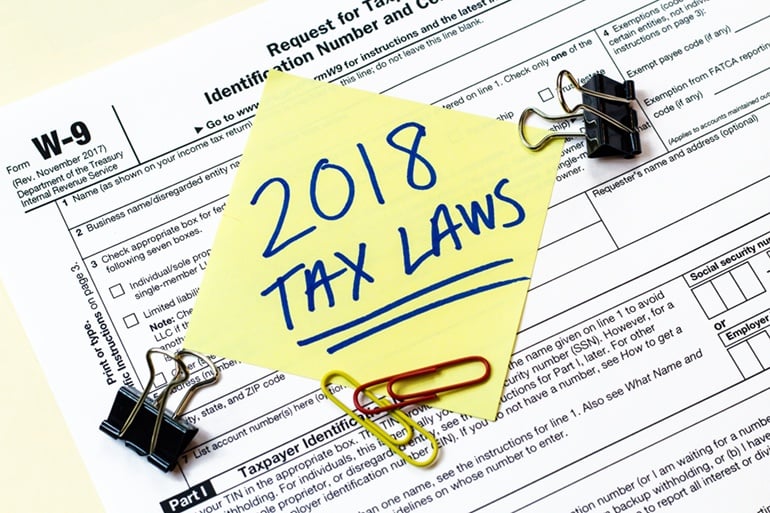Decoding the Code: How Tax Reform May Impact Your Contingent Fee Practice
By: Paul Cody, CPA, MBA | President & CEO

The Tax Cuts and Jobs Act (the “Act”) reformed the tax code with the aim of bolstering the American economy by, among other things, lowering the corporate rate.
For contingent-fee law firms, however, the alleged benefits of the Act may not be as significant as realized by their corporate counterparts, whose rates dropped from 35% to 21%. This is because the vast majority of law firms are not structured as corporations, but rather as pass-through entities, namely, proprietorships, partnerships, or S-corporations.
How will the Act affect your contingent fee practice?
1. You may enjoy a deduction on your taxable income.
For businesses set-up as partnerships, subchapter S corporations, limited liability companies and sole proprietorships, the new tax code provides for a 20% business income deduction.
While the Act excludes specific service industries, such as law, from the deduction, generally speaking, you, as a law firm owner, can still deduct 20% of your "qualified business income” subject to certain limitations and restrictions.
Your qualified business income is made up of your total fee revenue less business expenses—this does not include owner compensation, investment income and certain other line items.
2. Or, you may not.
As attractive as a 20% deduction may sound, it isn’t as significant as you may think, especially in comparison to the manufacturing, technology or real estate sectors. One reason is because the new 20% deduction “phases out” quickly.
For example, if your personal taxable income exceeds $157,500 (or $315,000 if you jointly file), the deduction phases out as you approach the $207,500 mark (or $415,000 joint). Past that maximum, you no longer receive any deduction at all, unless you employ strategic financial planning tactics. Find out how here.
Overall, with federal tax rates lowered, every law firm owner should have the opportunity to benefit financially from the changes to the Code—whether as an individual, family member, or job creator. Taxes are complicated, however, and even more so when sweeping changes, like those under the Act, are put into effect. This high-level overview is meant as a resource and not as tax advice. Be sure to consult your tax professional for guidance specific to you or your firm.



